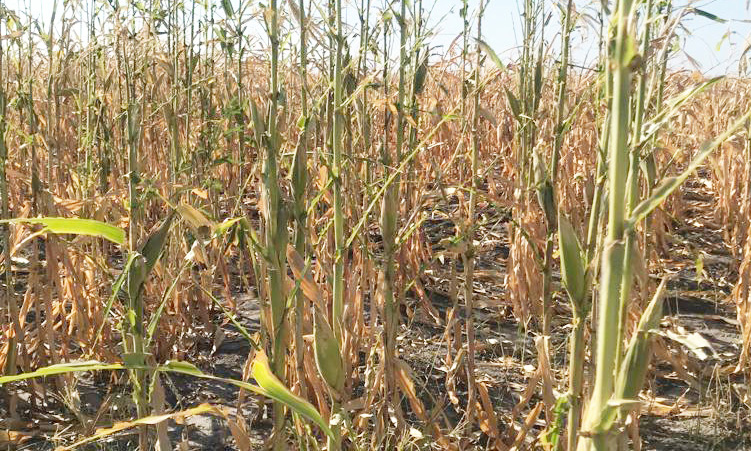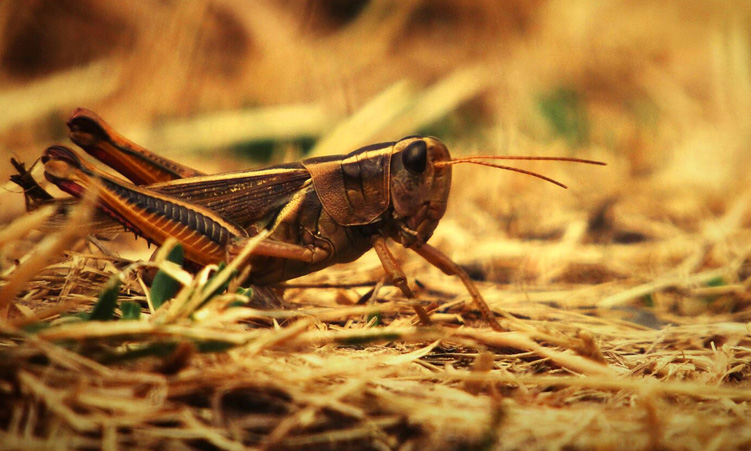Likwama Farmers’ Union chairperson Alfred Chilinda says farmers in the Zambezi region are not optimistic about yielding any harvest at all as they are currently battling drought and an outbreak of red locusts.
The Zambezi region has been experiencing a dry spell since the beginning of the ploughing season, but farmers still ploughed, hoping things would change for the better.
Chilinda yesterday said crops are so dry that if set alight they would burn out instantly.
“Whether a farmer ploughs early or late, the crops are drying out. Some farmers will not be able to harvest anything at all, while others will just have to harvest to feed their families for a week or so.
“The hope farmers in Lake Liambezi had to harvest have now also been taken away by the red locust outbreak, which is destroying their crops.
“It’s really a disaster – after we’ve spent so much money hoping we would have something to harvest at the end,” he said.
Chilinda said the water sources for their livestock have also dried up, and farmers are forced to share water sources with their livestock.

He said even the grass for livestock grazing is dry, and their livestock barely has anything to graze on.
“We really need the government to come to our rescue, because we will die of hunger along with our livestock,” he said.
Regarding the red locust outbreak, the executive director of agriculture, water and land reform, Ndyakupi Nghituwamata, issued a press release on Monday confirming the outbreak in both the Zambezi and Ohangwena regions.
She said red locusts have been destroying farmers’ crop fields in the two regions since 29 February.
In the Zambezi region, the Lake Liambezi and Masokotwani areas have so far been identified as infested.
Agriculture ministry spokesperson Jona Musheko says the ministry dispatched four teams to the locust-infested areas in the Zambezi region yesterday to start with ground spraying to prevent further outbreaks.
“The locusts in the areas where they are reported are in the hopping stages, and it’s easy for us to contain them. We urge farmers not to allow their livestock to graze in the areas where our teams will be spray.
“This is to allow the pesticides used during spraying to fade out. The farmers should cooperate with us during this time and report any locust sightings in their areas for us to respond on time,” he says.
Stay informed with The Namibian – your source for credible journalism. Get in-depth reporting and opinions for
only N$85 a month. Invest in journalism, invest in democracy –
Subscribe Now!






